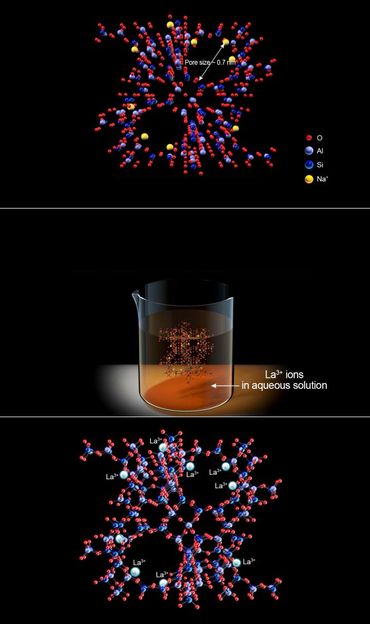First MSC agreements on substance evaluation
The Member State Committee (MSC) agreed that ECHA should request further information on six substances. This is the first batch of substance evaluations agreed by the MSC.
The MSC agreed that ECHA should request more information on six substances because the currently available information is insufficient to enable an assessment on the risks that they pose to human health and/or the environment. These particular six substances listed in the Community Rolling Action Plan (CoRAP) were evaluated by Germany, France, Denmark, the United Kingdom, Belgium and Spain.
Further information on Bisphenol-A (BPA) will be requested to clarify a number of concerns. Firstly, the MSC agreed to request a new in vitro skin absorption study to assess the risk to consumers from, for example, toys and PVC articles. Secondly, information on the emissions and environmental exposure of BPA will be requested in order to assess the impact on the environment. The information will help to finalise the risk assessment and to decide whether further risk management measures are needed. There are on-going studies on BPA in the USA which the German authority will also take into account in the next step of the assessment on endocrine disrupting properties for humans.
The MSC also agreed to request further information on the reproductive toxicity of carbon tetrachloride in an extended one generation reproductive toxicity study (EOGRTS, OECD 443). More information on the exposure of workers to carbon tetrachloride will also be requested.
The MSC agreed to request further information on oligomerisation and alkylation reaction products of 2-phenylpropane and phenol (previously registered as Phenol, methylstyrenated). The information requested is a bioaccumulation study in fish to clarify the concern for potential persistent, bioaccumulative and toxic properties. A combined repeated dose toxicity (90 day) and reproductive toxicity study is also requested (EOGRTS, OECD 443) to investigate endocrine disrupting effects.
The MSC agreed to ask for further information on workers’ exposure to imidazole and on its reproductive toxicity effects. Information will also be requested on short-term toxicity in the environment and on mutagenicity through an in vitro study.
The MSC agreed to request further information on N,N’-bis(1,4-dimethylpentyl)-p-phenylenediamine to clarify the concerns relating to persistent, bioaccumulative and toxic properties of the substance. A soil simulation test will be requested to look at aerobic and anaerobic transformation in soil.
Finally, information will be requested on a mixture of cis- and trans- tetrahydro-2-isobutyl-4-methylpyran-4-ol to clarify concerns relating to the environment. The requested study will be a short-term growth inhibition study, followed if necessary, by a long-term toxicity study in the aquatic environment.
Most read news
Other news from the department politics & laws

Get the chemical industry in your inbox
By submitting this form you agree that LUMITOS AG will send you the newsletter(s) selected above by email. Your data will not be passed on to third parties. Your data will be stored and processed in accordance with our data protection regulations. LUMITOS may contact you by email for the purpose of advertising or market and opinion surveys. You can revoke your consent at any time without giving reasons to LUMITOS AG, Ernst-Augustin-Str. 2, 12489 Berlin, Germany or by e-mail at revoke@lumitos.com with effect for the future. In addition, each email contains a link to unsubscribe from the corresponding newsletter.
Most read news
More news from our other portals
Last viewed contents
Stearic_acid
Joint research project of BASF, Heidelberg and TU Darmstadt for printed electronics enters the next phase

Measuring nanoscale features with fractions of light
Unlocking the Secrets of High-temperature Superconductors

Synthesized microporous 3-D graphene-like carbons - Research team create carbon synthesis using zeolites as a template
Lunac_(alloy_and_trans-ceramic_coatings)





























































